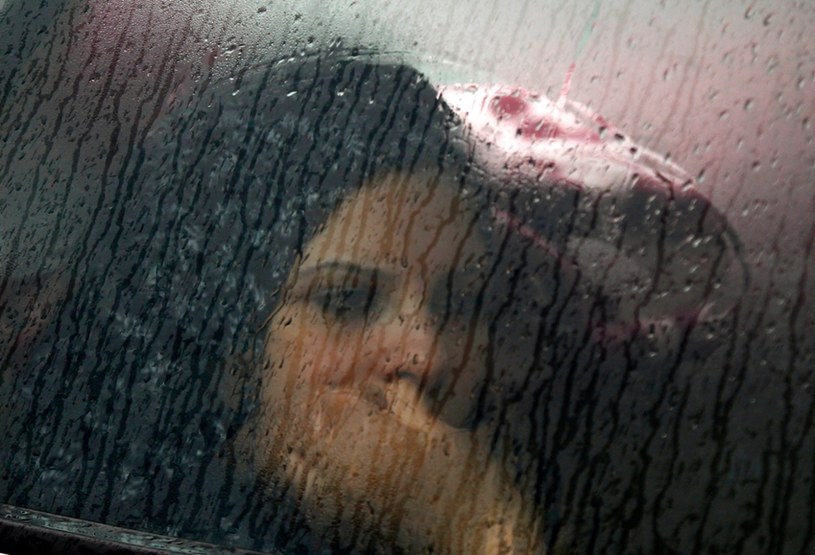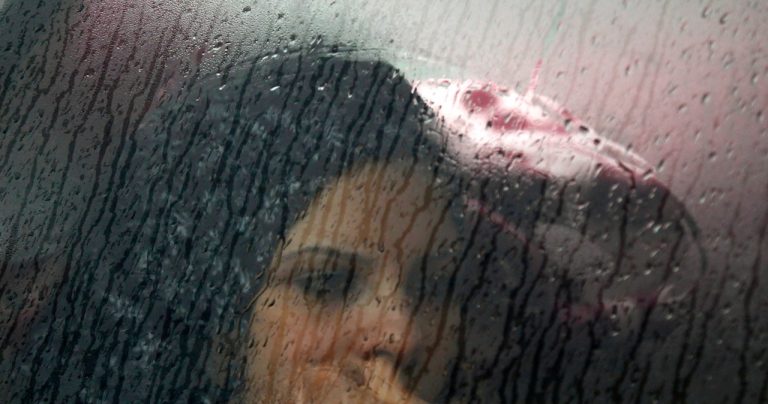
In GNU-controlled areas of western Libya, girls over the age of nine are required to wear a headscarf, or hijab, and women cannot travel without a male companion. Anyone who wants to go abroad must obtain written consent from their father, husband, or brother.
Explaining the introduction of these repressive laws, the interior minister said: “Individual freedom does not exist in Libya, so those who seek it should go to Europe.”
Libya. There will also be a moral police force. they will control women's clothing
Emad Trabelsi announced that he aims to close hair salons and introduce a ban on “mixing of men and women in public places”. And hair salons, shisha bars, movie theaters and restaurants that don't comply with the new regulations will be closed.
The minister did not provide a legal basis for the arbitrary measures he is introducing, which violate Libya's interim constitution, which has been accepted by Western countries. Currently, there are no laws in the country mandating the wearing of the hijab or prohibiting men and women from interacting in public.
“Making women dependent on male guardians for their mobility violates Libyan women's rights to travel for leisure, education, and work,” said X. Hanan Salah of Human Rights Watch. It is a huge setback for Libya,” he wrote on social media. platform.
Nicola Orlando, Ambassador of the European Union to Libya, commented on the Minister's thoughts and reminded that “the partnership between the EU and Libya is firmly rooted in respect for universal human rights and humanitarian principles.”
Libya. Women were divided over their control. Protection from “European action”
– Decisions regarding private clothing should remain a personal choice and not a matter of state control, Tripoli-based artist Basmara El Sankari said in an interview with New Arab magazine.
However, some believe this decision is a necessary step. Libyan journalist Wafaa Boujoali expressed support for the policy, saying it was a safeguard against actions she described as “imported from Europe” and inconsistent with “Libyan and Islamic values.” He said that.
The North African country has been suffering from a severe crisis since the overthrow of Muammar Gaddafi's dictatorship in 2011. In 2014, the country was divided into two conflict and war zones. The western part, with its capital in Tripoli, was led by Prime Minister Abdul Hamid Dbeibah, while the eastern part was ruled by warlord General Khalifa Haftar from Benghazi.
The two countries have made no progress toward resolving the issues that divide them. First of all, it has not been possible to reach an agreement on holding elections, which were originally scheduled to be held in 2021 but have been postponed indefinitely.
PO primaries. Sikorski: As a boy from Bydgoszcz, I understand very well how most Poles live/Polsat News/Polsat News

